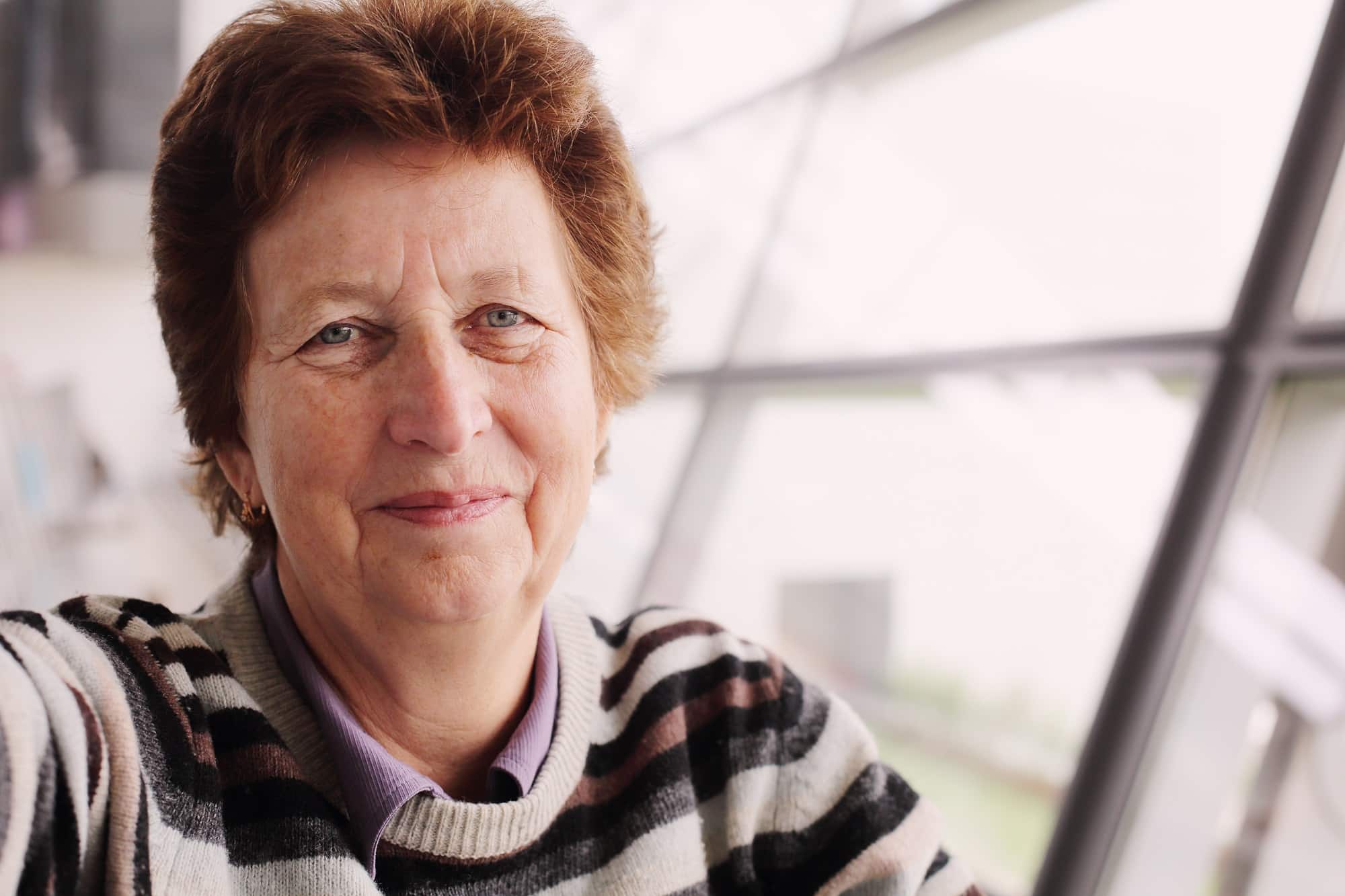Create a healthy financial relationship
Building a healthy financial relationship starts like any healthy relationship – from the ground up, with a good solid foundation.

Think of your relationship like two people in a ship – how can you make sure your ship is healthy and strong?
It needs to be made with the right materials, comfortable for both people, fit for purpose and able to navigate obstacles and choppy seas. None of these things happen on their own, it requires effort from both people to have a healthy relationship.
Relationship foundations
These are the foundations you’ll need for a healthy financial relationship.
Mutual respect
Valuing who the other person is, appreciating what they bring to the relationship and understanding each other’s boundaries.
A safe supportive environment
Feeling safe physically, emotionally and financially. Feeling comfortable to be yourself and share your opinions – even if they are different.
Trust
Having confidence and faith in each other even when you are not sure.
Equality
Both people feeling involved in decisions, and having a willingness to negotiate situations.
Independence
Spending time together but also your own space and a life outside of the relationship – including financial independence.
Regular communication
Open and honest, being able to disagree and resolve conflict without fear of how your partner might respond regardless of what might be said.

“I have a great financial relationship with my partner”
The more involved you both are in the finances the more inclusive and supportive it feels – and less likely to feel as if one person has more power or control over the finances. There’s less chance of frustrations arising.
When money becomes important in the relationship
When you are single and your money is yours, making money decisions is easy – you can spend, save or invest however you like. When you start a new relationship, there will come a time when some costs are shared. This will look different for everyone.
For example who pays when you’re:
- On a date – food, drinks, activities, events and petrol
- Going on vacation together – accommodation, travel costs and food
- Buying something together – a car, pet, house or furniture items
- Moving in – blending families, living costs and furnishings
- Getting married – venue, honeymoon and other costs
There is no one size fits all.
Some couples manage their own money and just share costs. Others join some of their money, while others join all their money. Every relationship is unique and there is no right or wrong, it’s about finding what works for you both.
Financial and money foundations
As well as the general healthy relationship foundations, here are a few important money foundations.
Respect
Respecting different views and values around financial choices and decisions.
A safe and supportive environment
A comfortable environment to be open, honest, negotiate and disagree safely about money matters – including debt.
Equality
Both people agreeing how relationship money is managed and accessed.
Autonomy
Having a choice about your level of involvement in the financial decisions – that is supportive and allows for change.
Balance
Valuing the non-financial contributions of the relationship – and share the load in a way that works for you both.
Independence
Maintaining some independence around any personal money and how you choose to manage it.
Agreement and understanding
When making financial decisions with family money or accessing joint lending – both people need to be in agreement about signing documents and have a good understanding of additional costs and repayment obligations.
Flexibility
Being open to negotiating personal and relationship growth and change as life progresses – including decisions around studying, changing jobs or your work hours and childcare.
Mutual benefit
Developing a financial plan together that benefits both parties.
Check the health of your financial relationship
How many of these items are true in your relationship?
- We discuss money matters
- I am involved in decisions about my and my families money
- I’m comfortable to talk to my partner about money and resources
- I can access my own and my family money and resources
- Non-financial contributions in our relationship are valued – like taking care of the children or housework
- I don’t have to ask permission to get money for basic needs
- I can change my mind about our finances and my opinion matters
- We don’t always agree about finances and that’s okay
- I can freely and safely talk about lifestyle changes – like changing my job or work hours, studying or becoming a stay home parent
Communication is key
It’s important to talk about money regularly in a relationship as financial changes and challenges can sneak up on you and become stressful – without a lot of warning.
We know that having conversations about money is not always easy and can be a struggle for many couples.
Some people are very aware of what has influenced their financial opinions and are open to discussing their views – while others are not.
While it is useful to know that you and your partner are likely to have different perspectives, talking about money doesn’t have to be scary.
We don’t like to talk about money
According to research from the Retirement Commission, over 50% of Kiwi’s would rather talk politics, sex or drugs, rather than money.
For many people, money is a taboo subject.
The topic itself is not the issue, it’s the emotions, beliefs, and values that are often associated with it, which if not understood can get in the way of healthy conversations.
Healthy Relationships Toolkit
Our Healthy Relationships Toolkit has a range of useful information that you can use to support your healthy financial relationship.
It has resources that will support you to understand your own relationship with money, the differences between genders, how money is viewed, as well as a few quizzes and communication skill-building exercises.
You can explore it on your own or with your partner.
